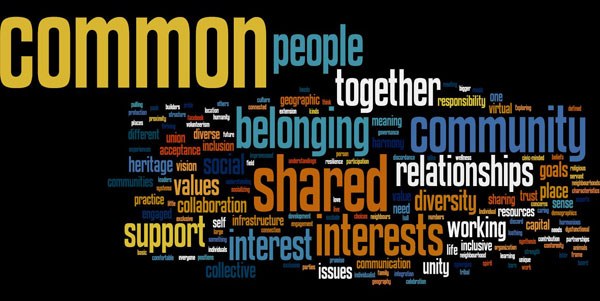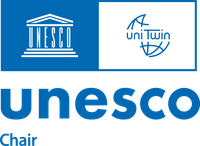Based firmly in community and youth development theory and research literature, our dynamic programs are developed, implemented, tested, and rigorously evaluated. The UNESCO Chair program provides training and expertise in the area of community organization and building important skills necessary for empowering and transforming youth and communities.

Important skills necessary for empowering and transforming youth and communities
The Empathy Project was created in 2017 to teach empathy to participants ages 14 - 25 through the Activating Empathy Curriculum. Activating Empathy is the interactive way to bring an understanding of empathy into your world.
Youth are important members of our communities and have vital contributions to make to the well being of their peers and society. There is a need to engage youth because they are a social group that has genuinely been excluded from community development, policy, and power. To better understand youth and youth issues, we need to engage youth as research practitioners (e.g. youth consulting, initiating, and facilitating research and programming) and active communicators of research and awareness raising activities (through social media and digital media).
The cornerstone of effective community capacity building is the active involvement and ownership of local citizens in planning, decision-making, and efforts to enhance local well-being. This adaptive capacity is reflected in the ability of people to manage, utilize, and enhance those resources available to them in addressing local issues and needs. Achieving this capacity helps ensure stable governance, social justice, gender equity, sustainable livelihoods, social inclusion, and educational equity for citizens of all ages, but especially young people. It also directly shapes local stability, security, and adaptability.
This exciting programme enables young people to develop the skills and qualities necessary to be good leaders, as well as challenging them to use these skills for the betterment of society. Leadership is defined as facilitating change and development of the individual and society through use of core social and emotional competencies, including self-awareness, collaboration, empathy and relationship building. The programme sets out to empower young people to make a positive difference to their community through practical actions and projects. Throughout the course of the programme, young people learn the core concepts of leadership and gain skills such as communication, teamwork, problem solving, critical thinking, self-awareness etc. The programme sets about developing the leadership capabilities and potential of young people and gives them an opportunity to harness their skills and attributes to contribute to their society in a fun and encouraging environment.
The Foróige Youth Citizenship Programme is a youth development programme that empowers young people to use their talents and initiative to make a positive difference to the world around them. It involves young people researching the needs of their community, organising practical action in response, evaluating the effectiveness of their work and reflecting on what they’re learning along the way. The Foróige Citizenship Manual is a resource for facilitators engaged in working with young people on citizenship projects in their community. It has been designed to facilitate young people in exploring the needs of the community, developing a plan of action, and evaluating the results of a citizenship project.
To compliment and advance the Youth as Researchers curriculum, the UNESCO Chair Program at Penn State has developed the Youth as Active Communicators program and outreach workshops "Lights, Camera, Community Action: Training Youth as Community-Based Research Practitioners Through Digital Media to Enhance Civic Engagement." These allow youth researchers to immediately translate their findings into applied programs and calls to action.




